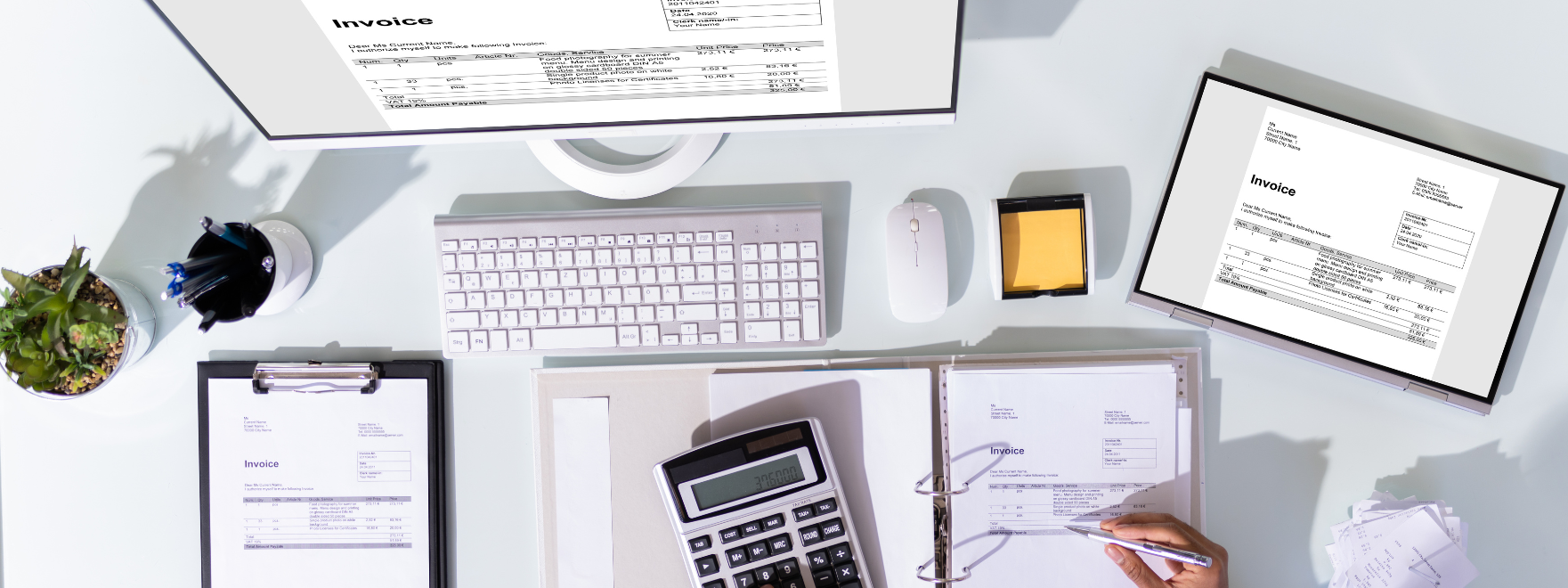Why You Should Hire a Bookkeeper (Especially if You’re a Real Estate Investor)
Real estate investing is one of the most rewarding ways to build wealth, but it also comes with serious financial complexity. Between tracking multiple income streams, managing operating expenses, staying compliant with tax laws, and monitoring property performance, it’s easy for your books to get out of control.
That’s where a professional bookkeeper becomes invaluable. They don’t just clean everything up for you; they should give you clarity, compliance, and confidence as you move forward with purchases, sales, remodels, and scaling your portfolio.
What a Bookkeeper Really Does for Real Estate Investors
A great bookkeeper isn't just an organizer. They partner with you to help you grow your business by gaining clarity. Here’s how:
1. Categorizing Every Transaction
Every expense tells a story. Was that Home Depot purchase a capital improvement or a repair? Which property should that gas charge be assigned to?
A skilled bookkeeper ensures each transaction is categorized, not just for clean records, but for accurate deductions. So you can understand and see which activities and investments are truly profitable.
This categorization also helps your CPA maximize write-offs during tax preparation. Misclassified expenses are actually one of the most common sources of lost deductions.
2. Reconciling Accounts Accurately
Recording transactions is one thing, but reconciling them is what really keeps your finances error-free and verifiable.
For real estate investors juggling multiple bank accounts or credit lines, this keeps your cash flow management consistent, accurate, and ready for any review.
3. Delivering Tax Ready Financial Reports
Tax season doesn’t have to be stressful. Your bookkeeper provides profit & loss statements, balance sheets, and expense breakdowns, giving your CPA clean, organized records to focus on strategy rather than cleanup.
(See the official IRS guidance on rental real estate recordkeeping)
4. Tracking Property Income and Expenses
When you own multiple rentals, understanding each property’s performance is key. Bookkeepers separate accounting by property or portfolio, helping you measure net operating income (NOI), cash-on-cash return, and overall profitability.
5. Managing Flip Project Budgets
House flipping can be lucrative, but it requires tight budget tracking. Bookkeepers monitor renovation spending, contractor payments, and material costs in real time.
This helps you stay within budget, control costs, and evaluate each project’s true return on investment. With accurate financial tracking, you’ll be better prepared for your next flip.
6. Handling Sales Tax for Short Term Rentals
Short-term rental taxes vary by state and municipality. Bookkeepers make sure all taxable income is reported accurately; filings are submitted on time, and your business avoids penalties.
The Real Value: Time, Clarity, and Growth
Hiring a bookkeeper isn’t just about data entry. It’s about peace of mind, time freedom, and control over your financial future.
When your books are accurate and up to date, you can:
- Make data-driven investment decisions
- Identify inefficiencies and improve profitability
- Prepare confidently for tax season
- Present clean financials to lenders and partners
In short, outsourcing bookkeeping helps you spend less time on spreadsheets and more time growing your portfolio.
Discover more insights in our guide on Commercial Real Estate Bookkeeping.
Frequently Asked Questions
1. Do real estate investors need a bookkeeper if they already have a CPA?
Yes. A CPA handles strategic tax planning and filing, while a bookkeeper manages the day-to-day financial data your CPA relies on. Both work hand-in-hand to keep your business compliant and profitable.
2. How often should real estate accounts be reconciled?
At least monthly. Regular reconciliation helps maintain accurate records and prevents surprises during tax season or financing reviews.
3. What’s the difference between bookkeeping and accounting for real estate?
Bookkeeping focuses on tracking financial transactions and maintaining records. Accounting involves analyzing those records to create reports, forecasts, and tax strategies.
4. Can a bookkeeper help maximize my real estate tax deductions?
Absolutely. A bookkeeper tracks deductible expenses such as repairs, depreciation, and loan interest, ensuring your CPA can claim every allowable deduction.
5. What qualifications should I look for in a real estate bookkeeper?
Choose someone who specializes in real estate bookkeeping, understands rental property accounting, and is familiar with tax-ready financial reports and cash flow management for property investors.
Ready to Take Bookkeeping Off Your Plate?
At INVESTOR FRIENDLY CPA®, we provide professional bookkeeping services designed specifically for real estate investors and business owners, so you can focus on growth while we handle the numbers.
Need help creating a compliant, customized entity structure and tax plan?
Reach out to INVESTOR FRIENDLY CPA® for templates, setup assistance, and implementation strategy.
Explore our bookkeeping plans here: https://www.investorfriendlycpa.com/pricing-bookkeeping
📞 Toll-Free: 1-800-522-6091
🌐 Website: www.investorfriendlycpa.com
Schedule Your FREE Consultation Call Today and take the first step toward smarter tax planning and effortless bookkeeping.
- Bookkeepers give real estate investors financial clarity and confidence
- Professional real estate bookkeeping ensures compliance and tax readiness
- Clear books help investors track property performance and manage cash flow
- Accurate data improves decision-making, profitability, and financing opportunities
- Outsourcing bookkeeping saves time and prevents costly mistakes
- Bookkeepers give real estate investors financial clarity and confidence
- Professional real estate bookkeeping ensures compliance and tax readiness
- Clear books help investors track property performance and manage cash flow
- Accurate data improves decision-making, profitability, and financing opportunities
- Outsourcing bookkeeping saves time and prevents costly mistakes




.png)

.png)


.png)










